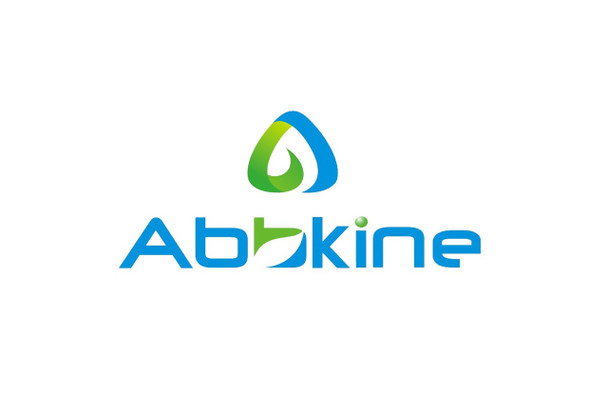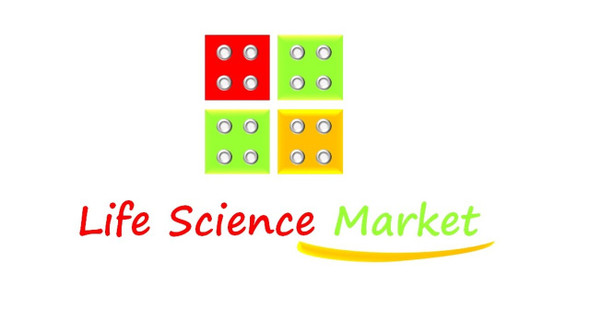Description
Product Overwiew:
Recombinant Human TGFB1 Protein (Transforming growth factor beta-1) expressed in CHO Stable Cells.
Background:
TGF-beta 1 is a member of the transforming growth factor beta (TGF-beta) family. The transforming growth factor-beta family of polypeptides are involved in the regulation of cellular processes, including cell division, differentiation, motility, adhesion and death. TGF-beta 1 positively and negatively regulates many other growth factors. It inhibits the secretion and activity of many other cytokines including interferon-γ, tumor necrosis factor-alpha and various interleukins. It can also decrease the expression levels of cytokine receptors. Meanwhile, TGF-beta 1 also increases the expression of certain cytokines in T cells and promotes their proliferation, particularly if the cells are immature. TGF-beta 1 also inhibits proliferation and stimulates apoptosis of B cells, and plays a role in controlling the expression of antibody, transferrin and MHC class II proteins on immature and mature B cells. As for myeloid cells, TGF-beta 1can inhibit their proliferation and prevent their production of reactive oxygen and nitrogen intermediates. However, as with other cell types, TGF-beta 1 also has the opposite effect on cells of myeloid origin. TGF-beta 1 is a multifunctional protein that controls proliferation, differentiation and other functions in many cell types. It plays an important role in bone remodeling as it is a potent stimulator of osteoblastic bone formation, causing chemotaxis, proliferation and differentiation in committed osteoblasts. Once cells lose their sensitivity to TGF-beta1-mediated growth inhibition, autocrine TGF-beta signaling can promote tumorigenesis. Elevated levels of TGF-beta1 are often observed in advanced carcinomas, and have been correlated with increased tumor invasiveness and disease progression.
The Endotoxin level is less than 1.0 EU per μg of the protein as determined by the LAL method
Host:
N/A
Sequence:
Amino acid sequence derived from active form of human/rhesus/canine TGFβ1 (NP_000651.3) (Ala 279-Ser 390) was expressed and purified. Human, Rhesus and Canine TGFβ1 sequences are identical.
Reactivity:
N/A
Application:
N/A
Used for:
N/A
Kit components:
N/A
Features & Benefits:
N/A
Usage Notes:
Always centrifuge tubes before opening. It is recommended to reconstitute the lyophilized Human TGFB1 protein in 0.1% TFA, 26% ACN, PH3.0 not less than 100µg/ml, which can then be further diluted to other aqueous solutions.
Storage buffer:
N/A
Storage instructions:
Lyophilized Human TGFB1 protein product should be stored desiccated below -20°C. Upon reconstitution, the protein should be stored at 4°C between 2-7 days and for future use below -20°C. For long term storage it is recommended to add a carrier protein (0.1% HSA or BSA). Please prevent freeze-thaw cycles.
Shipping:
The product is shipped at ambient temperature.
Precaution:
The product listed herein is for research use only and is not intended for use in human or clinical diagnosis. Suggested applications of our products are not recommendations to use our products in violation of any patent or as a license. We cannot be responsible for patent infringements or other violations that may occur with the use of this product.






